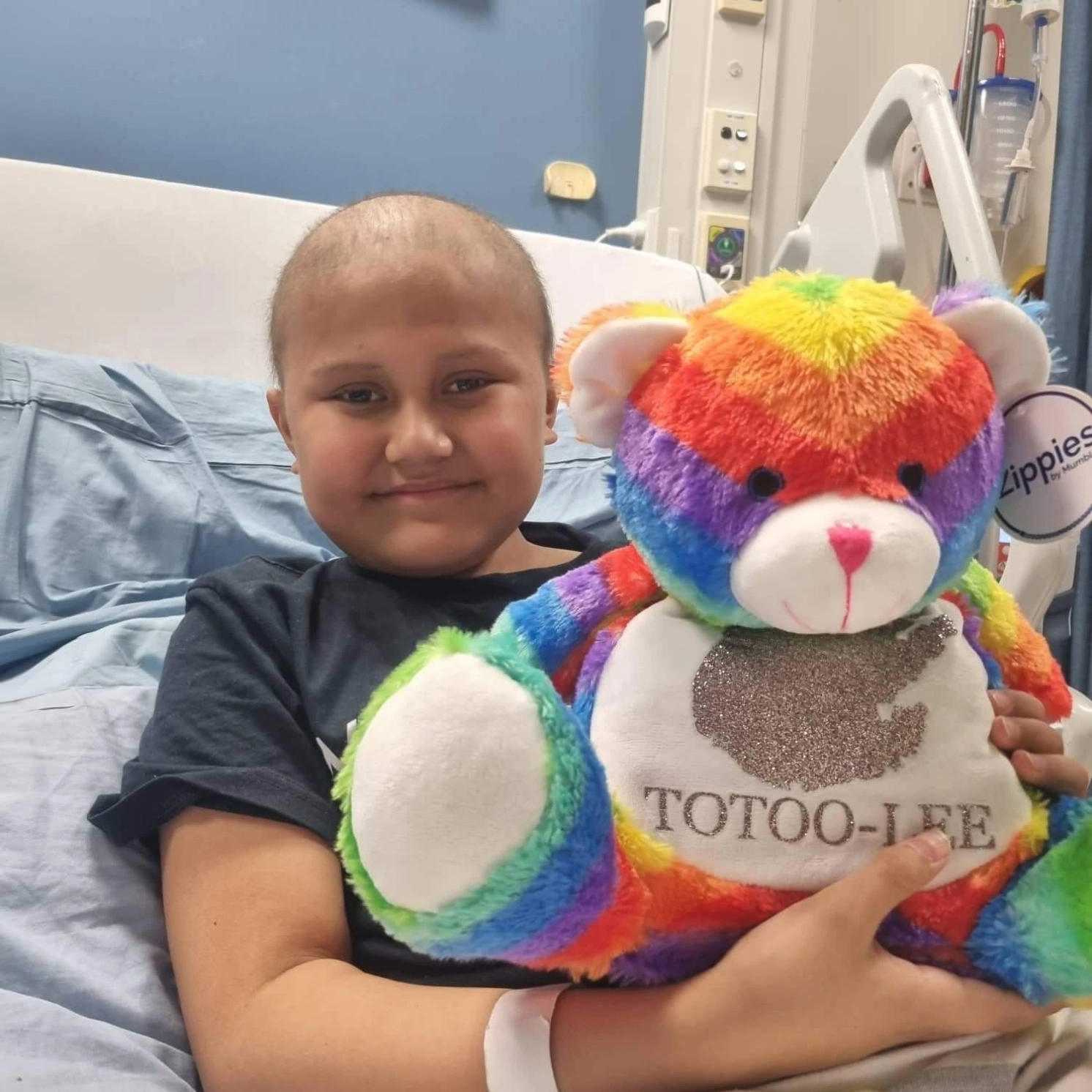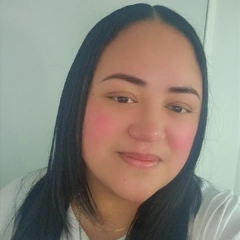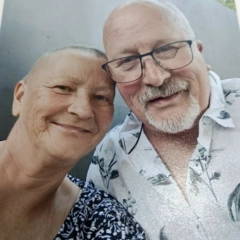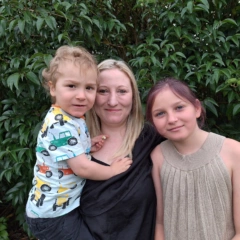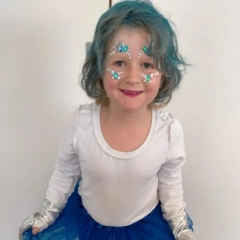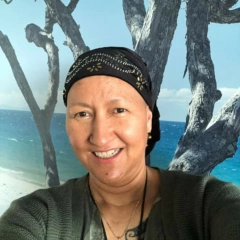Is this our life now?
“I used to look after my grandparents when they were sick, and I remember receiving the news that they had cancer. So, I knew how things worked; you know, the whole – “pulling you aside” – thing. Doctors never pull you aside to tell you good news.”
Tupou was at Auckland’s Middlemore Hospital with her 9-year-old son Taalili, who was in the other side of the room with a play therapist. They had just rushed here after their GP urged them to go straight to the hospital, having examined a strange lump on Taalili’s neck that looked serious.
And when this doctor at the hospital asked Tupou to step aside for a moment, she knew exactly what they were about to say to her. She was distraught.
“When they said that he had blood cancer, I just broke down. The very first thing that ran through my mind was… my son is going to die.”
Tupou pauses, as she struggles to find the words. “I was heartbroken. All I remember was screaming, ‘No, not my son! Please, not my son.’”
But, it was her son. It was Taalili, the child quietly playing in the corner. The bubbly, caring, sport-loving young boy with his whole life ahead of him. He was the one who had a life-threatening blood cancer called acute lymphoblastic leukaemia (ALL).
The doctor assured Tupou that they would start treatment immediately, and that they would do everything they could to help Taalili. But, Tupou was still anxious.
This was when Tim from LBC reached out to Tupou. Tim told her about some of the ways that the family could be supported, which Tupou appreciated. And later in Taalili’s journey, he would join LBC’s Super Kids’ Club, where he would have the chance to connect with other children with blood cancer and receive support from trained play therapists. His siblings also had the chance to join in, as coping with their brother’s blood cancer was hard on them, too.
But for now, the family were just focused on getting through it. “Life after the diagnosis was like, ‘Is this our life now?’ You see people go through cancer in movies and stuff, but when it actually hits you in real life - it’s just a whole other world.”
And no one knew that world better than Taalili himself.
“Why are you all treating me like a baby?” – This is what he said to a room full of hospital staff, after being transferred to Auckland City Hospital. He was frustrated, having been poked and prodded and having had various tests done on him by well-meaning nurses and doctors.
“Ever since he first found out, he didn’t want to be kept in the dark about anything. From the get-go, any news we’ve had throughout his journey, we’ve always told him in words that he can understand. Taalili has been really brave throughout this whole process.”
“Even when we went through hurdles, and he was going through so much pain. Even when the medication was hard to take. He kept saying to us: he’s going to keep going. He knew, deep down… ‘If I’m going to beat this. I have to do what I need to do.’”
Taalili’s friends and whānau are all immensely proud of him. Their support helped keep his spirits high and motivated during the tough times. “And, we met other families going through a similar blood cancer journey. It was cool to be able to relate to them, and talk to them too. Like, saying to another parent, ‘Oh, Taalili was at that stage last year, too.’”
Today, she also recommends that other parents of children with blood cancer reach out to LBC for support.
Over a year and a half later, Taalili is in the maintenance phase. He has been given an estimated ‘End of treatment’ date, and their family are very grateful to be here.
“Often, we do things, and he’ll be like ‘Oh man, I couldn’t do this when I was in hospital.’ Last year, he would have to watch his brother’s rugby games online. But now, he can actually go and be there in person.”
“He’s even joined a Muay Thai kick-boxing group. He really wants to be active again.” Taalili has been eager to return back to school. Initially, after finishing treatment, he was allowed to go back to the regular school routine.
But, he now gets tired very easily. And, with a weakened immunity, he also often comes home from school sick. It has been hard for Tupou to balance her son’s social and learning needs – while also making sure he’s as safe and healthy as possible.
“There’s no manual for how to have a child with blood cancer. We’ve been learning throughout the way. Now, we’re just grateful for life.”
Fast Facts: ALL in children
- The most common type of leukaemia in children, accounting for 82 % of leukaemias
- Children undergo a treatment regime of at least 2 years
- 5-year survival rate is 93% **
- More common in males (on average 68% male)
